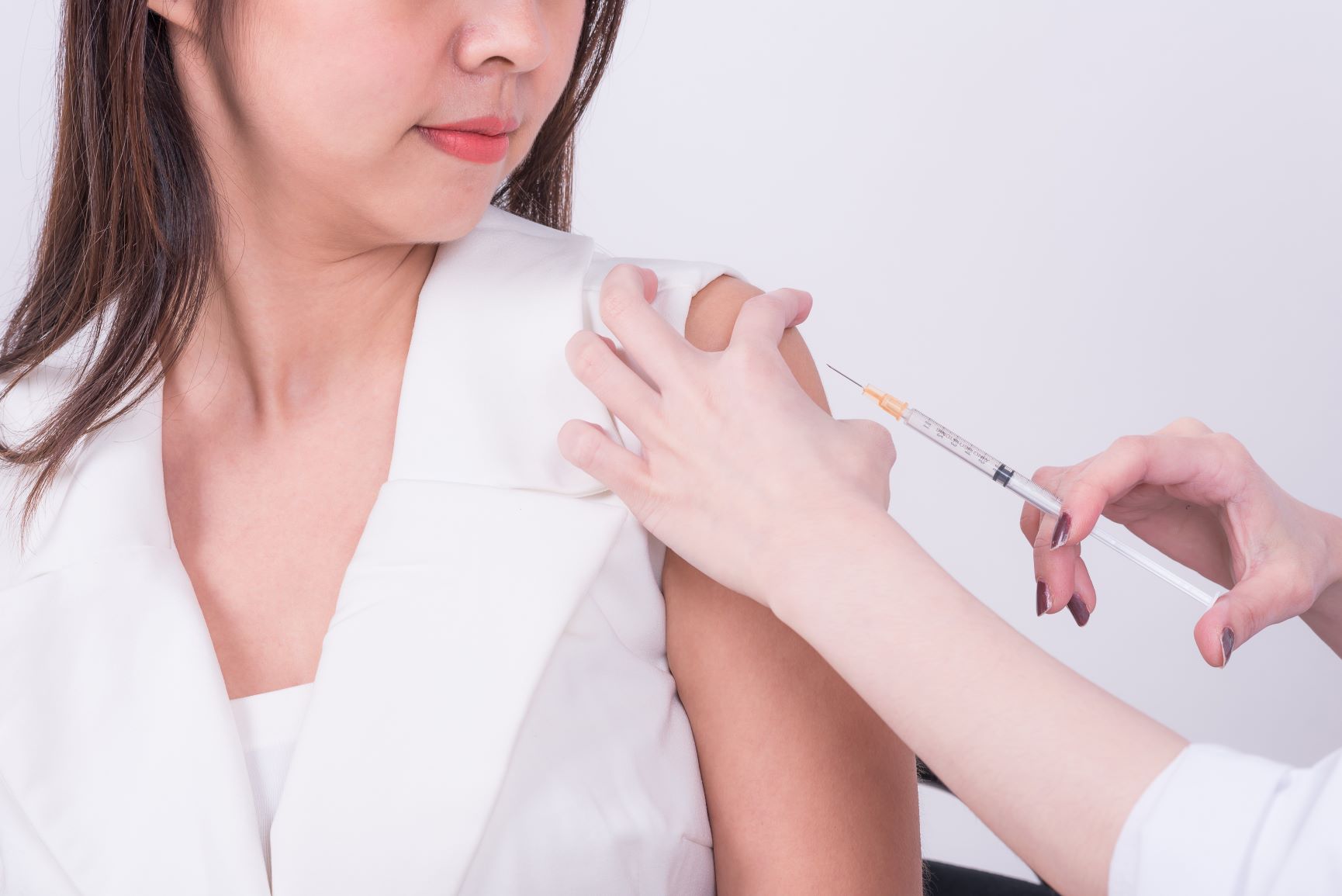Managing your own health care after aging off your parents’ insurance means finding a primary care...
Read More
Human papillomavirus (HPV) is so common that “nearly all men and women will get at least one type of HPV at some point in their lives,” according to the Centers for Disease Control and Prevention. With more than 200 types of HPV and about 14 million newly infected people being added to the list each year, is it even worth having your daughter or son vaccinated?

Azieb Lofton, D.O., a board-certified OB/GYN with Inspira Health confirms - Yes, it is. And here’s why:
“In most cases, the body does a good job at clearing out the HPV virus on its own before symptoms show, but certain types of HPV can cause genital, common, plantar or flat warts on the impacted area,” says Lofton. “High-risk cases of HPV can even cause oral cancer and some uncommon cancers like vaginal and anal.”
Cervical cancer is one of the biggest concerns surrounding HPV. More than 12,000 women get diagnosed with cervical cancer each year and 4,000 women die as a result of it. Having your daughter vaccinated will help lower her risk, and having your son vaccinated will lower his risk of passing the sexually transmitted infection on to someone else.
HPV is most often spread through sexual contact. Most people don’t show any symptoms, so they have no idea they’re infected and putting others at risk through skin-to-skin genital contact.
Ideally, your child will get the vaccine before they become sexually active. The CDC recommends that boys and girls age 11 or 12 get the HPV vaccine. It can be given starting at age 9. It’s also recommended for those 13 to 26 years old who didn’t get the vaccine when they were younger. If vaccinated early – younger than 15 years old - two doses will be given at least six months apart. An additional dose may be recommended if your child waits until an older age to begin vaccinations. The most common side effect of the vaccine is pain at the injection site.
The vaccine––Gardasil 9–– is appropriately named to reflect the nine strains of HPV it protects against (types 6, 11, 16, 18, 31, 33, 45, 52 and 58). Getting vaccinated has “the potential to prevent more than 90% of [cancers caused by HPV], or 31,200 cases every year, from ever developing,” according to the CDC. HPV types 16 and 18 cause approximately 70% of all cervical cancers and nearly 90% of anal, oropharyngeal, vulvar, vaginal, and penile cancers. The U.S. Food and Drug Administration recently approved Gardasil 9, the HPV vaccine, for use in people ages 27 to 45.
Use the HPV vaccine as an opportunity to encourage open and honest conversations with your child about safe sex and protecting themselves from other sexually transmitted infections.
Regardless of vaccination status, providers recommend that women start having Pap tests beginning at age 21 to check for cervical cancer.
To get your child the HPV vaccine, schedule an appointment with your primary care physician or OB/GYN specialist by calling 1-800-INSPIRA.

Managing your own health care after aging off your parents’ insurance means finding a primary care...
Read More
Explore the differences between common headaches and debilitating migraines, including their causes...
Read More
Find out why turning 30 can bring unexpected aches and pains, and learn practical tips to manage and...
Read More